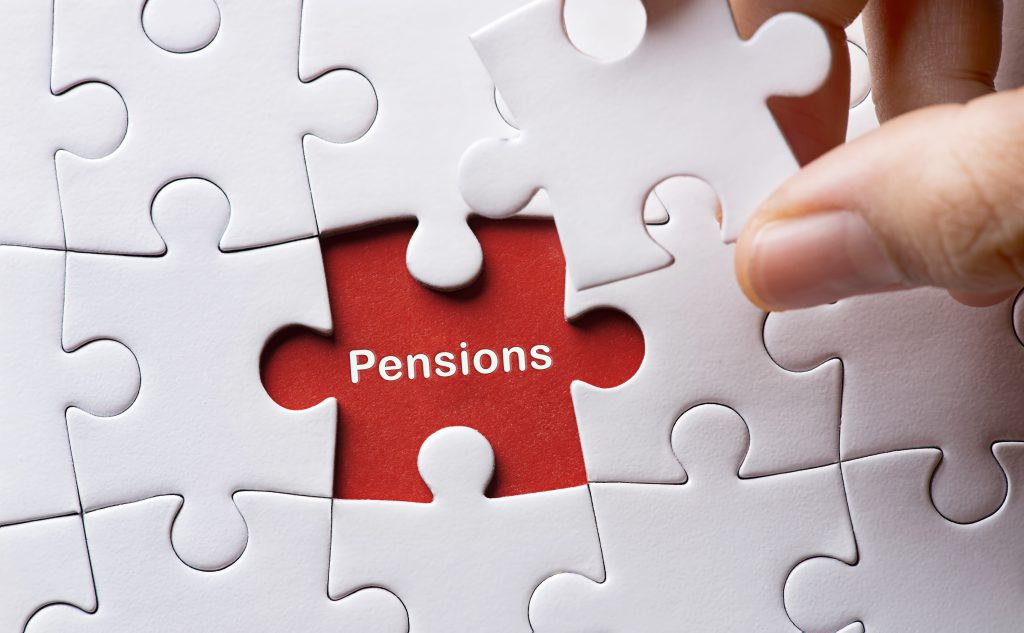![]()
3 Things You Must Get Right With QROPS
Posted on: 13th December 2016 in
Pensions
If you’re planning to be an expat, then moving your pension abroad with a QROPS (Qualified Recognised Overseas Pension Scheme), may save you money.

But maybe you will lose your money. That’s investments for you. The key is to not get scammed. Obviously! The UK Government issued a
consultation document on pension scams just this week. The Consultation doesn’t mention QROPS specifically, but it is true that QROPS are susceptible to scams just like any other financial arrangement. The key thing for pension newcomers to understand is that QROPS in themselves are not fraudulent; QROPS is a financial instrument that was set up ten years ago by the HMRC.
Here are three more key QROPS issues you need to get straight before you commit to a QROPS:
1. What are the chances of you coming back to the UK?
It’s not a total disaster if you do, but expect some heavy HMRC attention.
If you come back to the UK after 5 years of starting a QROPS, your QROPS would likely revert back to being a simple SIPP – which it always was anyway, what with a QROPS effectively being a SIPP held in trust. This would allow you to carry on working and making pension contributions.
If you come back within five years, it is likely that any QROPS withdrawals you have made will be subject to 55% taxation after the event. If you come back at any time after that, it is probable that your tax affairs will be probed, and potentially
any QROPS withdrawals you have made
at any time might become liable to taxation.
Realistically, you would never want to commit to a QROPS unless your honest intention were to retire abroad. It’s a tough regime that the HRMC take seriously. For an entire decade in your new country of residence, your QROPS provider will be obliged to report back to the HMRC on any activity. It is worth noting that the tax benefits of a QROPS only kick in if you can prove you’ve lived outside the UK for five years.
2. Know your ROPS from your QROPS
It’s up to you to know your ROPS from your QROPS. That’s the legal situation as far as the HMRC is concerned.
A QROPS is a Qualifying Recognised Overseas Pension Scheme.
A ROPS is a Recognised Overseas Pension Scheme.
A ROPS qualifies as a QROPS if it provides the qualifying evidence that the HMRC requires as well as agreeing to HRMC reporting requirements.
Simple, so far.
The problem is that just because an overseas pension scheme is registered with the HMRC – and therefore called a “ROPS”, a “Recognised Overseas Pensions Scheme” –
doesn’t mean that it is registered as a
qualifying scheme. Perhaps confusingly, a scheme can be registered as “recognised” without “qualifying”.
Since 2015, the HRMC publishes
a list of ROPS, not QROPS. So you can’t be certain that your QROPS is going to be a QROPS because, pending further checks, the HMRC isn’t sure either.
And If your new pension provider (or “receiving scheme” as it’s called in the trade) turns out to be just a ROPS and not a QROPS (ie recognised as Qualified by the HMRC), then you could lose 55% of your entire pension fund. Theoretically.
Usually, transfers go through without a hitch. The Pensions Regulator “expects the majority of transfers to be completed within … [the] Statutory Deadline.”
But the potential for problems underlines the advantage of working, in the first place, with professionals who routinely tackle this sort of problem with the advantage of a presence at both geographical ends of the pension transfer: see below.
3. You need a helping hand at either end of the QROPS journey
When you’re moving permanently from one side of the world to the other, it simply makes sense to have your finances being handled by a company with offices at both ends of your journey. “The key for any expat considering their pension arrangements is to select a retirement provider that offers solutions across multiple jurisdictions.” (
The Telegraph, May 2016)
Issues exactly like the whole ROPS vs. QROPS issue outlined above are a lot easier to resolve when your pension people in your new country of residence can speak to their own people back home. And these issues are difficult enough sometimes without the added problem of different companies trying to do things different ways.
Sure, it’s simply not possible to arrange this bi-jurisdictional support sometimes. But the advantage is clear-cut.





 But maybe you will lose your money. That’s investments for you. The key is to not get scammed. Obviously! The UK Government issued a
But maybe you will lose your money. That’s investments for you. The key is to not get scammed. Obviously! The UK Government issued a 











